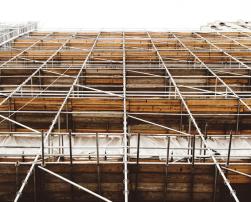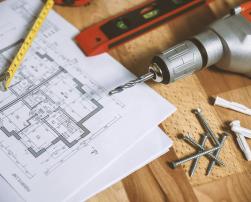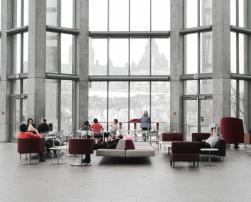
Advancing sustainable energy renovations in EU buildings
The paper discusses how the INPERSO project aims to enhance energy renovations in EU buildings by using industrialised, user-centred methods and key performance indicators to ensure efficiency and sustainability, while addressing challenges like administrative reluctance and user disruption.

Developing a cost-effective method for energy renovation scheduling under the Building Renovation Passport framework
The Energy Performance of Buildings Directive (EPBD) introduces the Building Renovation Passport (BRP) to help plan energy renovations, with a new method developed to schedule cost-effective interventions based on financial circumstances, proven effective through a Portuguese case study.

Exploring crowdfunding's role in advancing energy efficiency contracting
The study explores how the FinSESCo crowdfunding platform can overcome barriers to private investment in energy efficiency and renewable energy projects, particularly for low- and medium-income households.

Digital twins' contribution to buildings' energy efficiency
This study explores how digital twins can improve building energy efficiency by enhancing monitoring, modelling, and maintenance while addressing challenges and identifying future research opportunities for sustainable practices.

A novel recycling process for bitumen-based roofing materials
This paper presents a novel, portable recycling process for waste bitumen-based roofing materials (BBRM), producing a durable, flexible composite with superior strength and resistance, suitable for construction applications.

Climate resilience through social housing renovation
This paper analyses the climate resilience of social housing renovations in the Basque Country, emphasising the importance of passive and active measures to reduce heating demand, minimise overheating risks, and lower environmental impact, with potential savings in energy and CO2 emissions.

How building design and occupant habits impact air quality satisfaction in offices
This review highlights how building-related factors, occupant behaviors, and environmental control influence Perceived Air Quality (PAQ) satisfaction in offices, emphasising the importance of thoughtful design and management for improved comfort and productivity.

Overheating in low-energy homes: causes, impacts, and assessment challenges
This study highlights overheating issues in low-energy homes in England, caused by design flaws in ventilation, solar control, and architecture, with current assessment methods failing to fully address these challenges, especially for vulnerable occupants.

Replacing AC: the potential of automatic ceiling fans
The study showed that automatic ceiling fan control provides thermal comfort and air quality comparable to manual settings, offering an energy-efficient alternative to air conditioning.

Climate-change-induced overheating prevention capacity of Montenegrin residential buildings
The study evaluates the capacity of Montenegrin residential buildings to prevent overheating by analysing building features, occupant behaviour, and climate data, highlighting the need for proactive policies and improved passive design measures to address increasing overheating risks under future climate conditions.